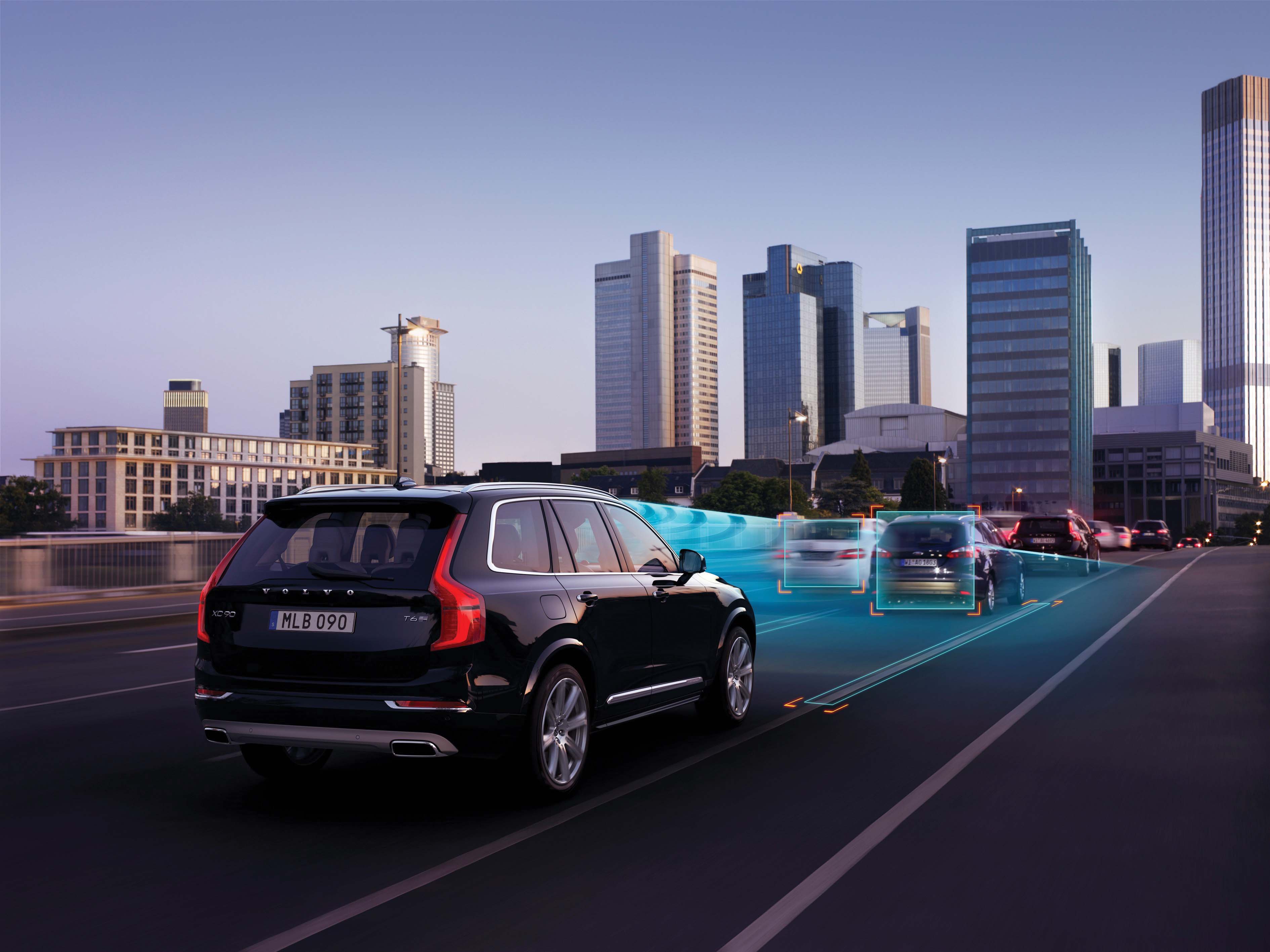A new stereo vision sensing (SVS) system developed by automotive safety systems supplier Autoliv will, says the company, help vehicle manufacturers meet the new test criteria that EuroNCAP recently announced to promote autonomous emergency braking, intelligent speed assist, lane departure assists and pedestrian protection. The system has a field of view of 50 degrees and can recognise objects within 120 metres. To provide the best view, the stereo vision cameras are mounted high on the front windshield behi
A new stereo vision sensing (SVS) system developed by automotive safety systems supplier 4171 Autoliv will, says the company, help vehicle manufacturers meet the new test criteria that EuroNCAP recently announced to promote autonomous emergency braking, intelligent speed assist, lane departure assists and pedestrian protection.
The system has a field of view of 50 degrees and can recognise objects within 120 metres. To provide the best view, the stereo vision cameras are mounted high on the front windshield behind the rear view mirror.
Autoliv’s new system will provide autonomous emergency braking, intelligent speed assist, road/lane departure warning and pedestrian protection, which is proposed to be included in EurNCAP’s star rating of new vehicles from 2017. The system can also provide adaptive cruise control, queue assist, light source recognition to automatically control the headlights to avoid blinding oncoming traffic and road surface monitoring to automatically adjust the suspension ahead of uneven road surfaces.
The SVS also provides four additional applications. By adding another camera in tandem with the first, the system can provide a three dimensional view of the area in front of a vehicle, enabling the system to calculate the distance to different objects in front of the vehicle and determine the shape and the size of them. The system will calculate the direction and speed of objects moving closer to the vehicle and is able to predict if, for example, a pedestrian is at risk and warn the driver or brake the car.
The system has a field of view of 50 degrees and can recognise objects within 120 metres. To provide the best view, the stereo vision cameras are mounted high on the front windshield behind the rear view mirror.
Autoliv’s new system will provide autonomous emergency braking, intelligent speed assist, road/lane departure warning and pedestrian protection, which is proposed to be included in EurNCAP’s star rating of new vehicles from 2017. The system can also provide adaptive cruise control, queue assist, light source recognition to automatically control the headlights to avoid blinding oncoming traffic and road surface monitoring to automatically adjust the suspension ahead of uneven road surfaces.
The SVS also provides four additional applications. By adding another camera in tandem with the first, the system can provide a three dimensional view of the area in front of a vehicle, enabling the system to calculate the distance to different objects in front of the vehicle and determine the shape and the size of them. The system will calculate the direction and speed of objects moving closer to the vehicle and is able to predict if, for example, a pedestrian is at risk and warn the driver or brake the car.









